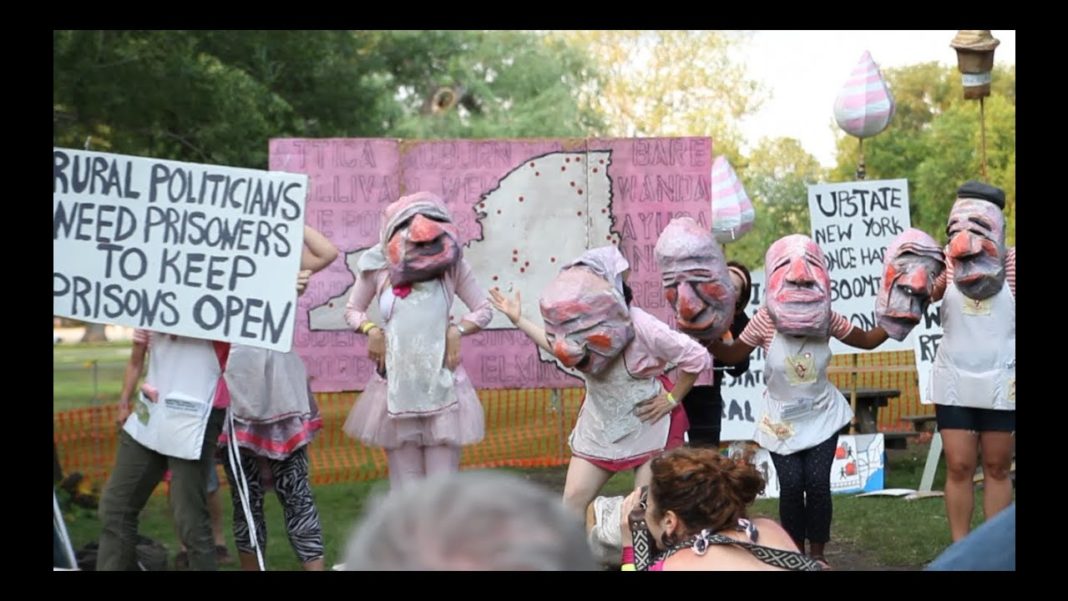Things are changing in the prison system. On Monday, the country’s top law enforcer – Attorney General, Eric J. Holder Jr. — said he would order all of his prosecutors to avert mandatory minimum sentences for low-level drug offenders.
“Too many Americans go to too many prisons for far too long, and for no good law enforcement reason,” Holder told the American Bar Association. And two days later, (this Wednesday), the world’s largest association for correctional officers passed its own resolution to “eliminate” mandatory minimum sentences.
“ACA’s members know from long and first-hand experience that crowding within correctional systems increases violence, threatens overall security within a facility, and hampers rehabilitation efforts,” American Corrections Association President Chris Epps said in a statement accompanying the resolution.
Change is clearly afoot. What is making that change? While clearly economics, budgets and the long, sad, experience of over-sentencing have contributed to the sense of dissatisfaction with the decades-long status quo, activists such as Lauren Melodia, co-founder and co-organizer of the grassroots organization Milk Not Jails, have been ahead of the game. The U.S. spent $80 billion dollars on incarceration in 2010; the New York State prison system spent $3.5 billion. As Melodia points that’s just not sustainable:
“New York state’s prison system is too big…it’s bigger than the department of education, the department of agriculture, and the department of transportation,” Melodia told GRITtv in this special report, this summer. The system has also bitterly divided the population along race lines, swelling incarceration rates disproportionately among Black and Latino Americans without reducing, say, drug addiction.
Milk Not Jails was founded in 2010 and seeks to throw a wrench in the wheels of the prison economy. How? By investing in New York state’s agricultural industry. The prison system in New York employs over 30,000 people, mostly in rural towns. Those residents depend largely on prison jobs as a form of income. Through forming a strategic alliance with dairy farmers Milk Not Jails wants to end rural dependency on the prison economy.
“Our ideal vision for the Milk Not Jails social enterprise is that it be a producer and worker-owned business so that the farmers…and our sales, marketing and distribution for us in the city are all invested, all making decisions for it and figuring out what to do with the profits,” Melodia says.
Milk Not Jails employs the formerly incarcerated: some of the same people who may have been held in those upstate prisons mere months or years before. In a job market that is inhospitable to people who have been imprisoned, one hope of Milk Not Jails is to give those with a criminal record more economic agency. In a system that often fails, Milk Not Jails is building a new base for opportunity Distributed by OneLoad.com

















